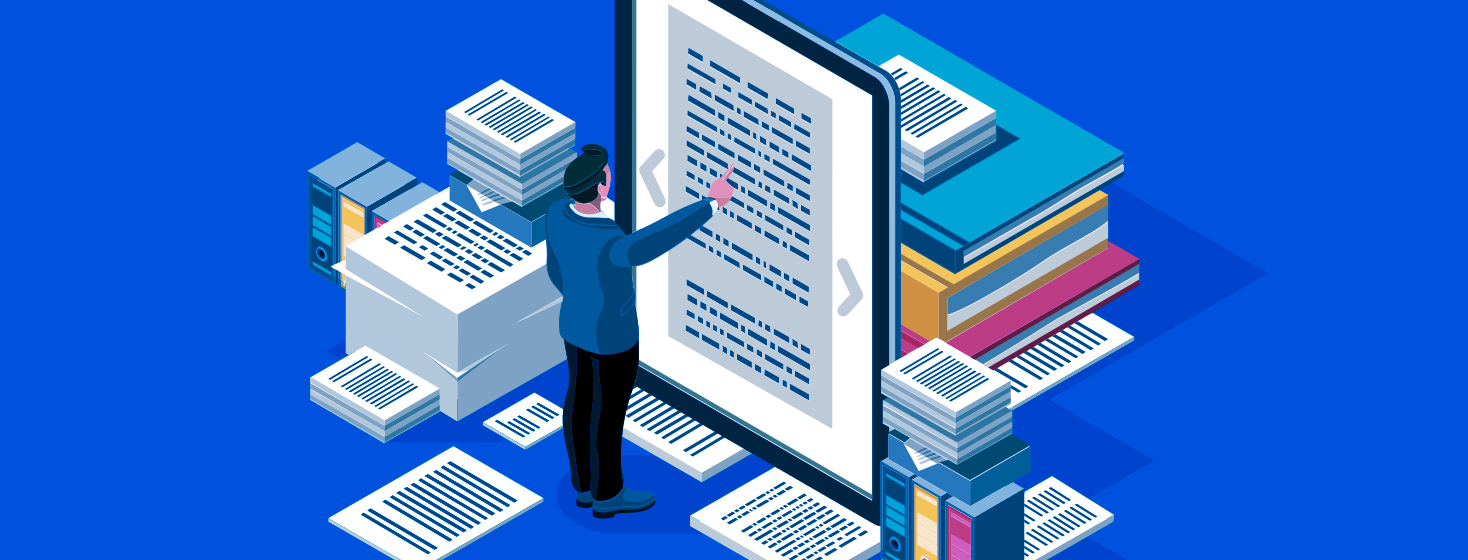Chafee Amendment
Before I asked you to remind me to talk about the Chafee Amendment. Never mind. I remembered myself. If that ain’t a novelty!
I first learned about the Chafee Amendment when I was newly “blind” and trying to return to work. I had multiple, copy-righted (copy-righten?) materials that were essential to the job. They all had to be translated into an accessible format. This is where the fun started. Not!
The process of getting accessible materials
To begin with, publishers are not used to visually impaired professionals. They kept sending me forms to fill out to request accessible materials for students. Try again...no, try again.
Then a “customer service” person tried to sell me the online version of some materials at full price. No, don’t try that again. We will skip past the part that I ended up calling corporate headquarters and raising a mighty stink. There’s that problem with my mouth again.
In the middle of all of this, I took my materials into the copy room and scanned them to file. The files went on my iPad and the girl was back in business.
Breaking copyright law?
So, did I break copyright law? Only sort of. Well, maybe, but I got my permissions after raising said stink and, Your Honor, their blatant ignorance of the law of this fine land probably violated my civil rights and MADE me do it! (It was either that or murder, but we won’t go there.)
What is the Chafee Amendment?
The law I am referring to is the Chafee Amendment. The Chafee Amendment to the copyright laws of the United States was adopted in 1996. It limited exclusive rights to copy-righted work. The amendment allows “authorized entities” to reproduce and distribute previously published, non-dramatic literature in accessible forms. These materials would be for the exclusive use of persons with communication disabilities. That includes me. If you are legally blind, it also includes you.
In the law an authorized entity is a government or educational body. It’s primary mission has to be providing education, training, adapted reading or informational access to people with disabilities.
Exclusive materials
The “exclusive use” stipulation can be fun. I have two subscriptions to services providing accessible, published materials to the visually impaired. On both of them, you have to cross your heart and hope to die that none of those pesky, non-disabled people will ever listen in on these services. Whenever I swear I will not share, I get these visual images of my sneaking around corners, checking for tails and settling down to listen to my book or newspaper article in some closet! But maybe that is just me.
Finding accessible options for reading
The point is, you do not have to struggle with the text you cannot read or pay for a more expensive, audio or digital version of a textbook. The Chafee Amendment gives you the right to get the materials in an accessible format at no cost to you. If they give you grief, scream Chafee Amendment...and you might want to call corporate while you are at it. Legal department. Just be sure you have already purchased the paper book first.
Would they actually give a sweet person like you the runaround? Let’s put it this way, the reason the Chafee Amendment came about was the publishers were dragging their feet in cooperating with the National Library Service for the Blind and Physically Handicapped. And what is the NLS? Oh, might I have a treat in store for you! Next time!

Join the conversation